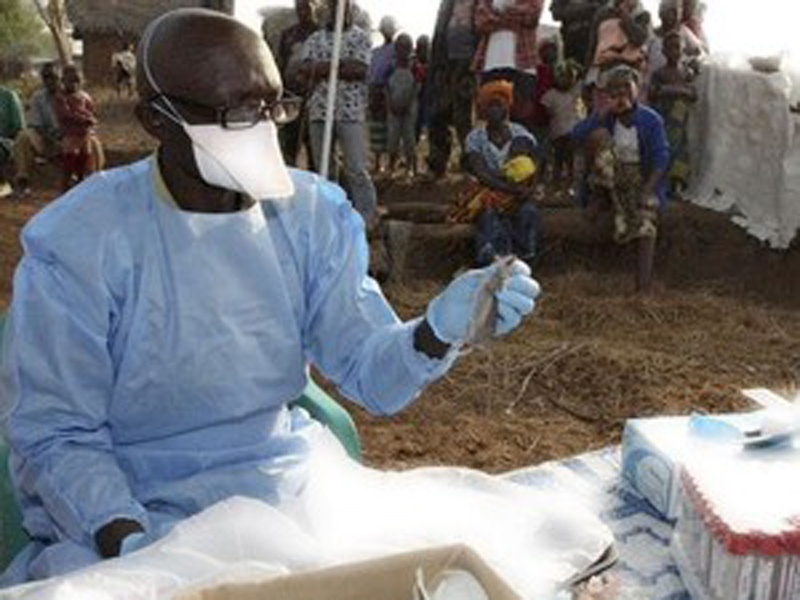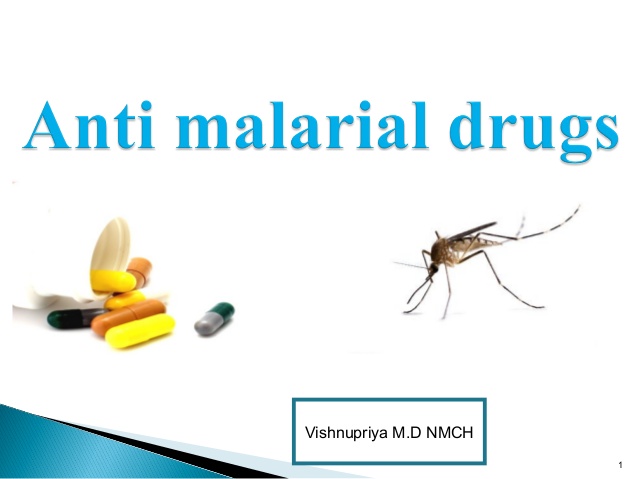Lassa Fever: 63 Nigerians Under Surveillance In Lagos
About 63 people who came in contact with the recently reported case of Lassa fever in Lagos have been identified and are being monitored by the Lagos State Ministry of Health in line with international standards to break the cycle of transmission and spread of infectious diseases.
The Commissioner for Health, Prof. Akin Abayomi who disclosed this at a press briefing on Wednesday said the successful identification of the 63 people who came in contact with the Lassa fever patient is a collaborative efforts between officials of the State Ministry of Health’s Epidemiology, Biosecurity and Global Health Directorate, Federal Ministry of Health, as well as local government disease surveillance officers through intensification of contact tracing efforts within the last 48 hours when the case was confirmed.
He said, “We have one case of Lassa in Lagos, the patient is in isolation and receiving adequate care, 63 people that may have been in contact with the patient and who may have been infected by process of being in contact with him have been identified and are being monitored. If they develop any of the symptoms, we will pick them up early, test and isolate them so that we break the circle of transmission.”
While giving further details on the Lassa fever patient, the Commissioner stated that the patient; a male student from Ebonyi State came to the Nigeria Law School, Lagos and presented at the clinic of the School when he fell ill.
Abayomi explained that the student was referred and managed at the Air force Clinic in Onikan from the Nigeria Law School clinic and later transferred to the Lagos University Teaching Hospital (LUTH) when he did not respond to the standard treatment for malaria and typhoid fever.
“On the 17th of February, we had a situation where a young student entered Lagos from Ebonyi State, he had been unwell before he came and treated in some form of fashion.
“His destination was Nigeria Law School where he was quickly attended to at the School’s clinic where he was treated for common malaria but wasn’t getting better, he was referred to the Nigeria Airforce clinic at Onikan where he was managed further, there was still no improvement and then he was referred to LUTH where we started to suspect that based on his point of origin and his non-response to standard treatment for malaria or typhoid that we may be dealing with Lassa fever.
“In our interrogation, there was no obvious contact with anybody prior to his arrival in Lagos but the test was confirmed as positive on the 17th of this month and he was then immediately transferred to the isolation containment facility within LUTH where he remains today. He is on active treatment there and from the preliminary information available to us, the treatment is on-going satisfactorily”, the Commissioner stated.
Abayomi averred that the prevention and control of the Lassa fever disease remains a shared responsibility of all citizens through the observance of the highest possible standards of personal and community hygiene as well as environmental sanitation.
He urged residents to store house-hold refuse in sanitary refuse bags or dust bins with tight-fitting covers to avoid infestation by rats and rodents; dispose refuse properly and store food items in rodent-proof containers.





